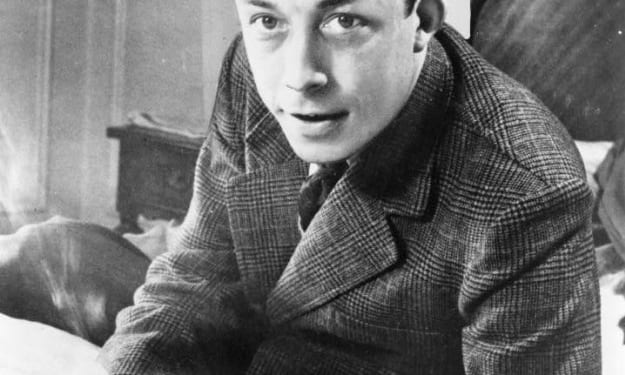A ray of hope in the information chaos
When do you remember what you've forgotten?

That we live in an age of information overload is common knowledge. For most of us, it is a blessed time. Some are more concerned, saying that we produce far more information and data than we can ultimately consume.
Thomas Swift, Lecturer in Polymer Chemistry, University of Bradford, writes about the current data deluge: "We produce more data than ever. Current estimates put it at 1.145 trillion megabytes of data a day – if someone attempted to download all of it using current internet speeds, it would take almost two billion years. "
From the moment we wake up in the morning, we are exposed to hundreds of words, dozens of images, a multitude of sounds, disparate stimuli and constantly emitted data. All of this can gather around our heads at the end of the day like a cloud of information noise and confusion.
Sometimes it really is necessary to distance ourselves from this incessant information overload. To clear our heads and follow our lives and activities more soberly.
Usually in these moments of information deficit, when we are climbing a mountain, walking the dog in the park, or swimming in the blue tides of a calm sea, the self returns to the normal rhythm of taking in outside stimuli.
Then there is the possibility and the scope to draw from the compressed reservoir of memory a precious image, a sentence from a book, a song, anything that accompanies us in these fragments of time, if we develop a fruitful inner dialogue with ourselves.
To activate your own similar moments, I present some of my own flashes of inspiration: fragments of artworks, songs, sentences from books that come to me in seconds of silence, stillness and inner dialog.
Always music
One of the most tender songs in the history of music, revealing with admirable clarity the nature and meaning of love in human life, is, in my opinion, "Oh My Love" by the Beatles.
There is hype about the song, factual information about how and when it was written, but what is of great significance to me is what I receive when I listen to it: the purity, utter simplicity, and beauty with which it expresses a universal theme like love.
For those who believe that only the 60s, and especially only the past, are the source of top musical and vocal moments, I suggest looking for contemporary creations of similar quality and beauty. One of them for me is the relatively recent "I Love You" sung by Billie Eilish.
It is an excellent example of songwriting that heartbreakingly tells of a difficult young love affair. Although it is not easy to decipher the song and the emotions described are contradictory, one cannot ignore the angst and the songwriter's courageous desire to express her deepest feelings.
The power of words
In literature, the examples are numerous and, of course, different for each of us. One book that has stayed with me in my youth and to which I return at every opportunity is the Memoirs of Hadrian (published by Farrar, Straus and Giroux), the fictional autobiography of Roman Emperor Hadrian (76-138 AD), and the life work of the French writer Marguerite Yourcenar.

The story begins when Emperor Hadrian, in his 60s, senses that his body is betraying him, and the shadow of death is approaching. The account of his life takes the form of a profound letter he sends to his adopted grandson Marcus Aurelius.
Among the dozens of phrases in the book that sometimes come unexpectedly to mind are those Hadrian writes in his account of his life as he recalls his relationship with his beloved horse:
“My horse knew me not by the thousand approximate notions of title, function, and name which complicate human friendship, but solely by my just weight as a man. He shared my every impetus; he knew perfectly, and perhaps better than I, the point where my strength faltered under my will”.
Paint as if you were fighting
As for art, I still think of the painting by Francis Bacon, which I first saw up close in the 1998 exhibition "The Human Body" at London Hayward Gallery.
Until then, I had never believed that painting had the power to shake you almost physically, to feel the vibrations and tensions of the brushstrokes on the canvas like little blows to your own body.
The work of Francis Bacon comes from a wild battlefield, a place where he first encountered his demons, the source of an "inhuman" tension that he reveals through painting: flowing figures, dismembered bodies, disfigured faces, strange, ambiguous creatures that one does not know whether they scream out of lust or from the memory of an ancient, deep fear.
So don't miss this opportunity, I invite you to reflect on your own precious moments from art, literature and our turbulent information world. I think it's a game that is soothing to the mind as well as the soul.
About the Creator
George Karouzakis
Journalist, History researcher, art and science lover.
Enjoyed the story? Support the Creator.
Subscribe for free to receive all their stories in your feed. You could also pledge your support or give them a one-off tip, letting them know you appreciate their work.






Comments
There are no comments for this story
Be the first to respond and start the conversation.